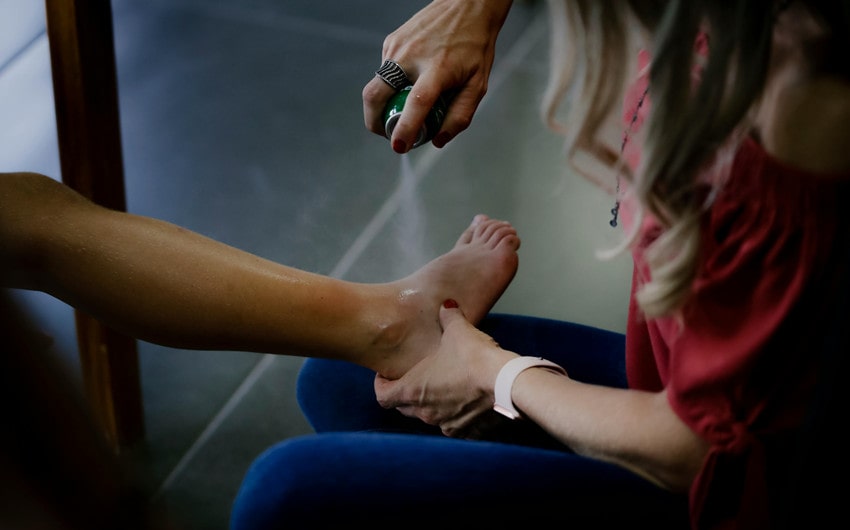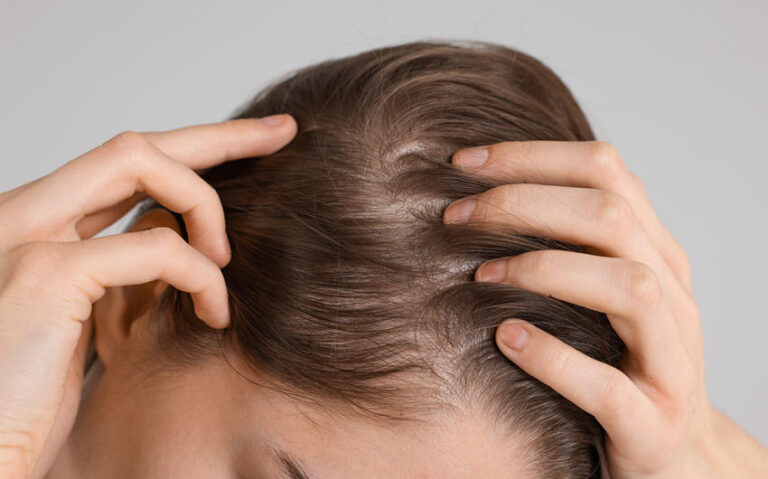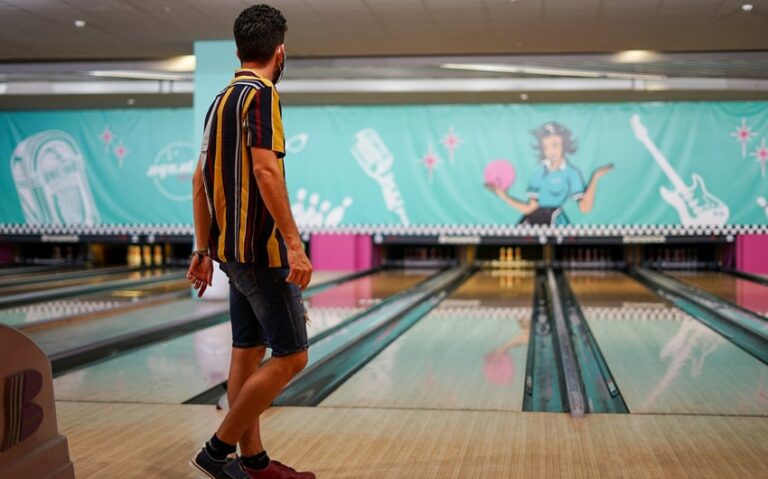What to Do After a Slip and Fall at a Hotel or Airbnb
A sudden slip on a wet tile or loose rug can turn a relaxing trip into a stressful situation. Knowing what to do in those first few minutes matters more than most travelers realize.
Quick actions, careful documentation, and clear communication with hotel staff or hosts protect your health and your rights if an injury occurs. Stick with us as we talk through the specific steps you need to take.
Checking for Injuries and Getting Medical Help
Falls result in over 8 million emergency room visits a year, so being prepared for the aftermath of one is sensible. Start by checking yourself for pain, dizziness, or swelling. Even if you can stand, move slowly, and avoid putting weight on an injured limb. Some injuries, like concussions or internal bruises, may not show symptoms right away.
If you feel unsteady, ask someone nearby to call for medical help. Hotels and Airbnbs usually post emergency contact information, and staff can help summon local medical services.
Keep a written record of what happened and when you sought treatment. It’s like marking a timeline that can later support your claim or report. If you receive medical care, ask for copies of all records, including test results and doctor’s notes.
Prompt evaluation not only protects your health, it also establishes a documented link between the fall and any diagnosed injury.
How to Document the Scene for Evidence
Once you are safe and stable, take clear photos of the area where you fell. Capture the floor surface, lighting, nearby obstacles, and any warning signs, or lack thereof.
Use your phone’s timestamp feature, and include objects for scale, such as your shoes or a coin. If others witnessed the incident, politely ask for their names and contact details.
Record short notes about what you observed, such as was the floor slippery, uneven, or poorly lit? These small details can help show what conditions led to the fall.
Hotels or hosts often fix hazards quickly, so the sooner you collect evidence, the stronger your documentation will be if you decide to report or file a claim.
Reviewing Insurance Coverage and Legal Options
After receiving care and reporting the incident, review your insurance policies. Travel, health, or even credit card coverage may reimburse medical expenses or trip interruptions. Contact your insurer promptly, describe what happened, and ask what documentation they require.
If the fall occurred due to unsafe conditions, you might also consider legal advice. Local attorneys familiar with property liability laws can clarify whether compensation is possible. For example, specialists in dealing with a slip and fall in St. Louis can explain how evidence, medical reports, and witness statements fit into a claim if your accident occurs on a trip to Missouri.
Reporting the Incident to Hotel Staff or Your Host
Tell hotel management or your Airbnb host about the incident as soon as possible. Provide a clear description of what happened, where it occurred, and any visible hazards. This creates an official record, which may be important later if you need to verify events.
Ask that the report include your name, the date, and details of the condition that caused the fall. If staff fill out an incident form, request a copy or take a photo of it before leaving.
For Airbnbs, use the platform’s messaging system so your communication is time-stamped and stored. Keep your tone factual and polite, even if you’re upset.
Keeping Track of Expenses and Medical Records
Save every document connected to your injury, including medical bills, pharmacy receipts, and transportation costs to clinics or hospitals. Keep these items together in a folder or digital file so they’re easy to access later.
If you miss work, record the dates and keep pay stubs showing lost income. Even if you’re travelling domestically, you need this level of detail to get the best outcome.
Hotels or hosts may also reimburse some out-of-pocket costs, but only if you can show proof. Having a well-organized record supports both insurance claims and any potential legal action.
Update your notes regularly with dates, names, and follow-up care. Over time, these details provide a clear picture of the financial and physical impact of the fall, which can make a big difference in resolving your case fairly.
Final Thoughts
A slip or fall during travel can disrupt more than your plans, but knowing how to respond protects both your health and your rights.
Stay calm, document everything, and seek help when needed. Careful steps now can make recovery and resolution much smoother later.







